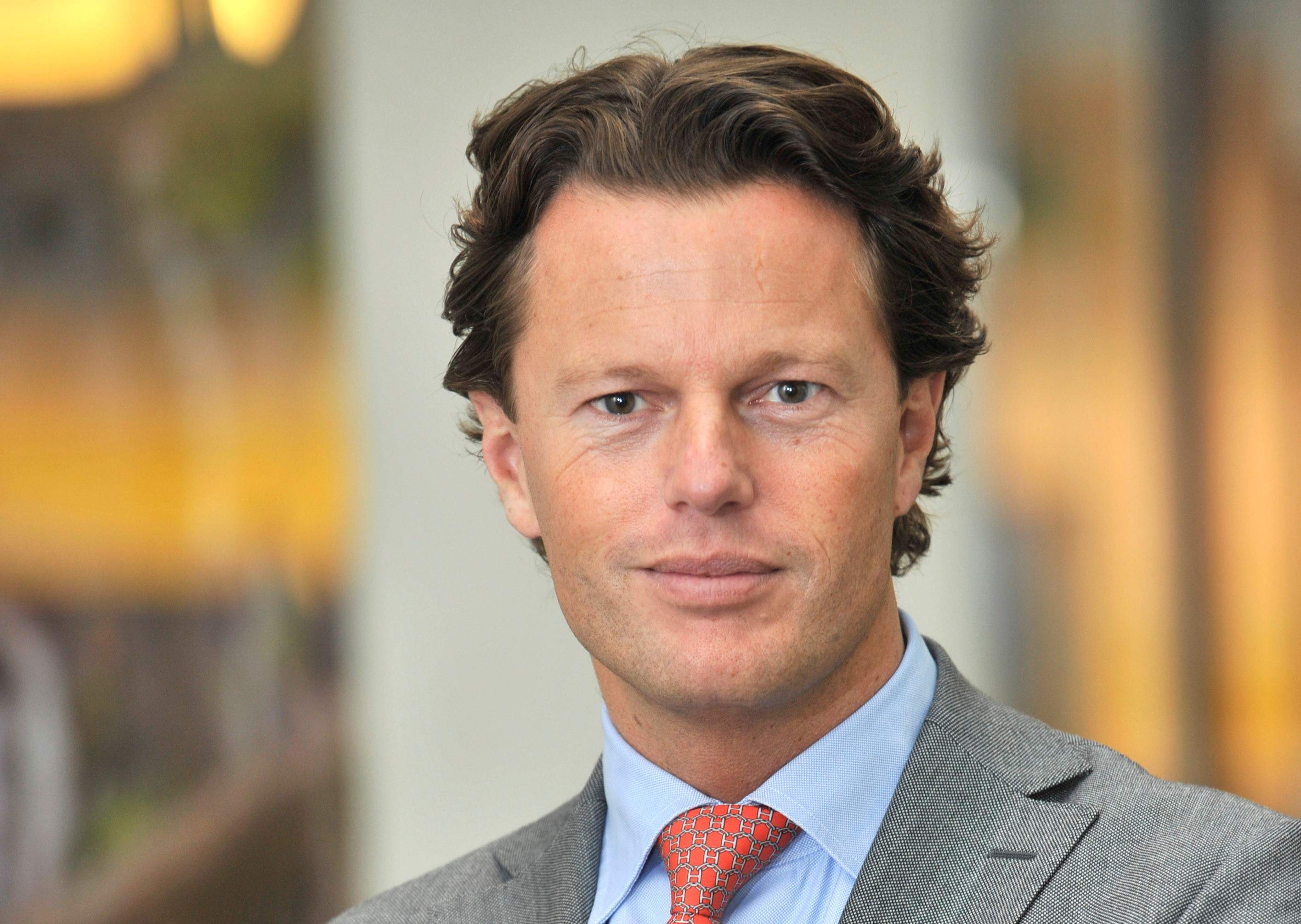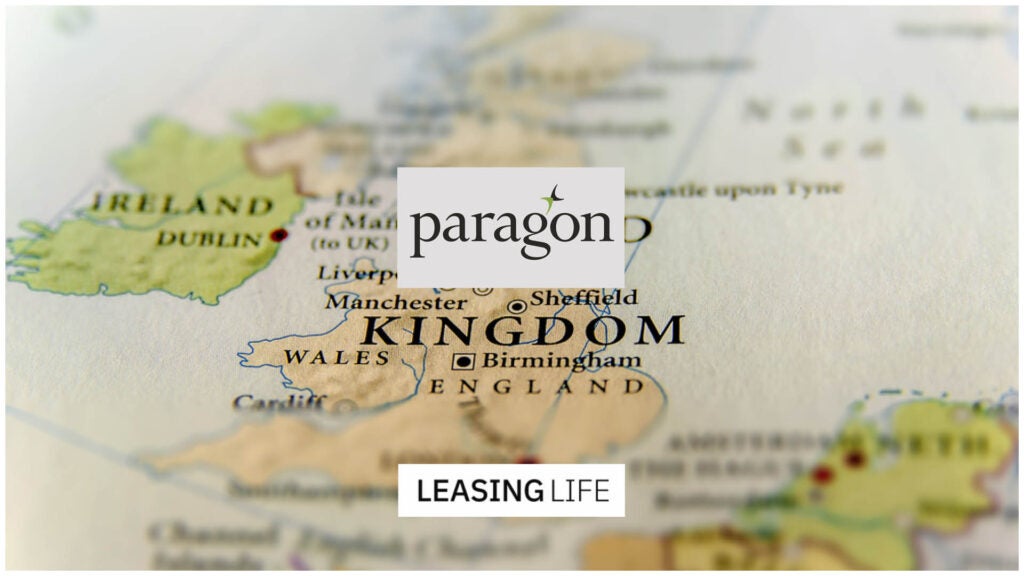
ABN Amro Commercial Finance and ABN Amro Lease have merged to form ABN Amro Asset Based Finance. Brian Cantwell speaks to managing director Richard de Keijzer.
At the start of this year, Dutch lessor ABN Amro merged its Lease and Commercial Finance arms into one legal entity, ABN Amro Asset Based Finance, after many months of planning.
“The merger is about creating economies of scale, while reducing the number of duplicated regulatory and reporting requirements,” says Richard de Keijzer, ABN Amro Commercial Finance managing director. “We used to have seven entities in four countries; we now return to one entity that has branches in those countries.
“Previously we had our Lease business in the Netherlands, Germany and the UK, and we had Commercial Finance in Netherlands, Germany, France and the UK. But they were different entities; for example, in Germany, the company format was a GmbH, whereas in the UK it was a Plc. Now we have created one new entity, ABN Amro Asset Based Finance, which reduces costs.”
As was discussed at the Leasing Life conference last year in Amsterdam, regulatory challenges are fragmented across Europe, and one of the main drivers of the merger was to unify the regulatory oversight and reduce the cost burden on the bank.
“The new entity is regulated in the Netherlands, so it falls under the Dutch regulator, the DNB, which makes things more efficient,” De Keijzer explains. “The essence of the merger is simplification and growth, but now with branches in different countries, alignment is easier while still retaining the ability for local autonomy.”
How well do you really know your competitors?
Access the most comprehensive Company Profiles on the market, powered by GlobalData. Save hours of research. Gain competitive edge.

Thank you!
Your download email will arrive shortly
Not ready to buy yet? Download a free sample
We are confident about the unique quality of our Company Profiles. However, we want you to make the most beneficial decision for your business, so we offer a free sample that you can download by submitting the below form
By GlobalDataThe other motivation for the merger was to grow the Dutch bank’s revenue outside its domestic market.
“Secondly, the bank’s motivation for the merger is to grow international revenues from 18% to 25%. In Western Europe, the best way to do that is through asset-based finance. So, there’s a strong commitment from the bank, capital and investment-wise, to grow in the UK, Germany and France. This is demonstrated by the growth of the lease team in the last two years: last year we recruited 30 new staff in sales, risk, and operations.
“And in order to grow you need to invest in staff and technology, which the bank is willing to do to support the growth.”
In order to avoid confusion between the new legal name and the financial product, asset-based finance, the lessor is keeping its trading names.
“It is not so much a rebranding exercise –both in the Netherlands, as in other countries, there’s a lot of value in the brand names ABN Amro Lease and Commercial Finance. This is why we are keeping the trading names, but they now sit within the legal entity, Asset Based Finance.
“The plan was to avoid customer confusion, and to investigate any questions about the brand later on,” notes De Keijzer.
One of the upshots of the merger is that staff from both the Lease and Commercial arms can be more flexible when it comes to the needs of their customers, or their brokers’ customers.
“We are going to see where we can use the strengths of both companies to specifically market each other’s businesses. Currently there is not a lot of overlap but there have been a lot of requests to do this, and we can now service that,” De Keijzer says.
De Keijzer says that the merger is an opportunity to invest in staff to achieve growth, and to modernise the bank for the benefit of its customers.
“Will there be cost-savings? The answer is no, not as a goal in itself, but if there are cost savings in combining departments then they will be taken. The goal of the bank is to invest not to cost-cut.
“We have 200 people, and a combined balance sheet of £1.4bn, so we are getting to a size where we can grow.
“We can invest in two things,” De Keijzer continues. “One is staff, and the second is digitisation. Customer feedback is also a priority – they are telling us that we need to invest in technology and digitisation to provide convenience and speed.”
While there has been much conversation in the press over fears about the flight of financial services from London over Brexit and passporting rights, De Keijzer is keen to stress the bank’s commitment to the UK.
“We are closely monitoring Brexit from the bank’s perspective. It is high on the agenda, so that we are on par when it comes to any requirements.
“We have looked at the UK and Germany – the two best-developed markets for lease and commercial finance. These are just two markets that we want to be in, regardless of the outcome of Brexit.”







